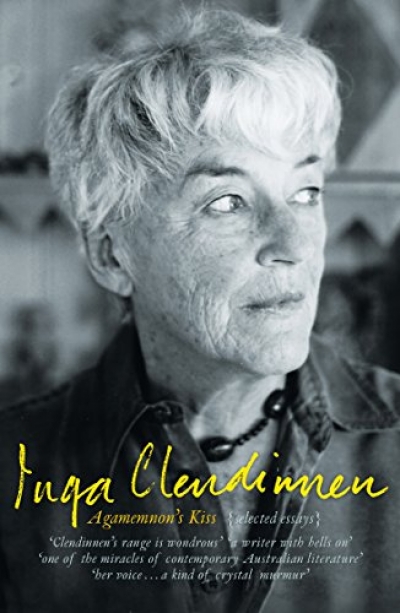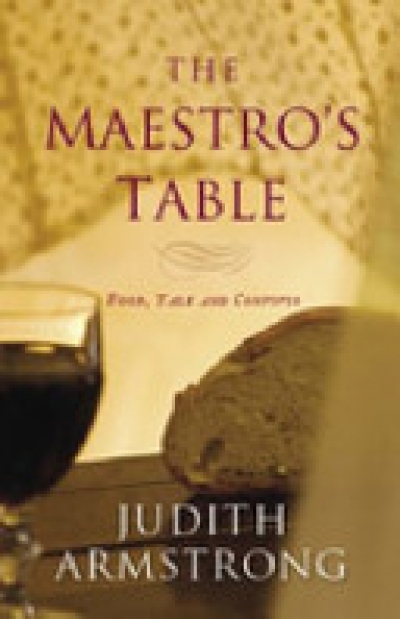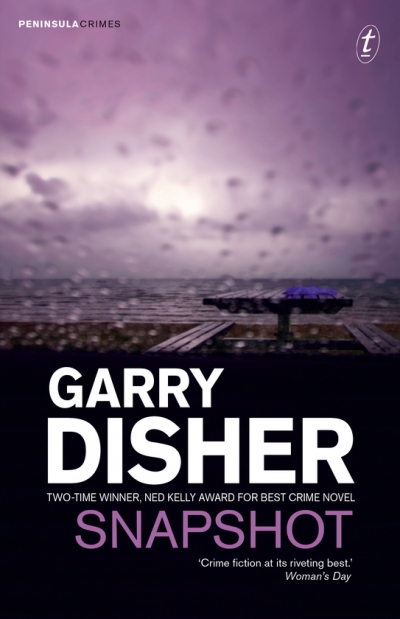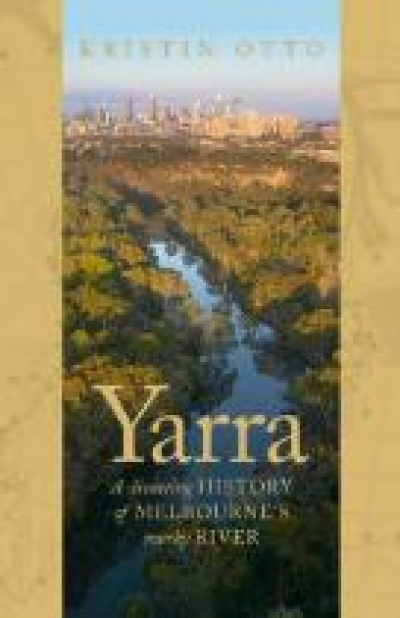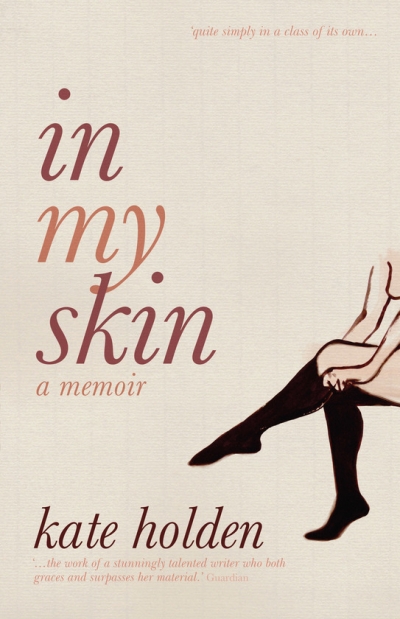Text Publishing
Breadfruit by Célestine Hitiura Vaite & Frangipani by Célestine Hitiura Vaite
by Kylie Stevenson •
Agamemnon’s Kiss by Inga Clendinnen & Quarterly Essay 23 by Inga Clendinnen
by Morag Fraser •
Careless by Deborah Robertson & Madonna of the Eucalypts by Karen Sparnon
by Emily Ballou •
The Maestro’s Table: Food, talk and convivio by Judith Armstrong
by Gay Bilson •
Problem: in which Australian city do you set a crime story without offending readers from the other cities? Solution: set it in three of them – Canberra, Sydney and Melbourne. This is clever enough, although it soon becomes confusing as to where we actually are, prompting an ‘If it’s Tuesday, this must be Melbourne’ sensation.
... (read more)The Weather Makers by Tim Flannery & Living In The Hothouse by Ian Lowe
by Robyn Eckersley •
Snapshot by Garry Disher & A Thing of Blood by Robert Gott
by Rick Thompson •
Yarra by Kristin Otto & The Vision Splendid by Richard Waterhouse
by Mark McKenna •


